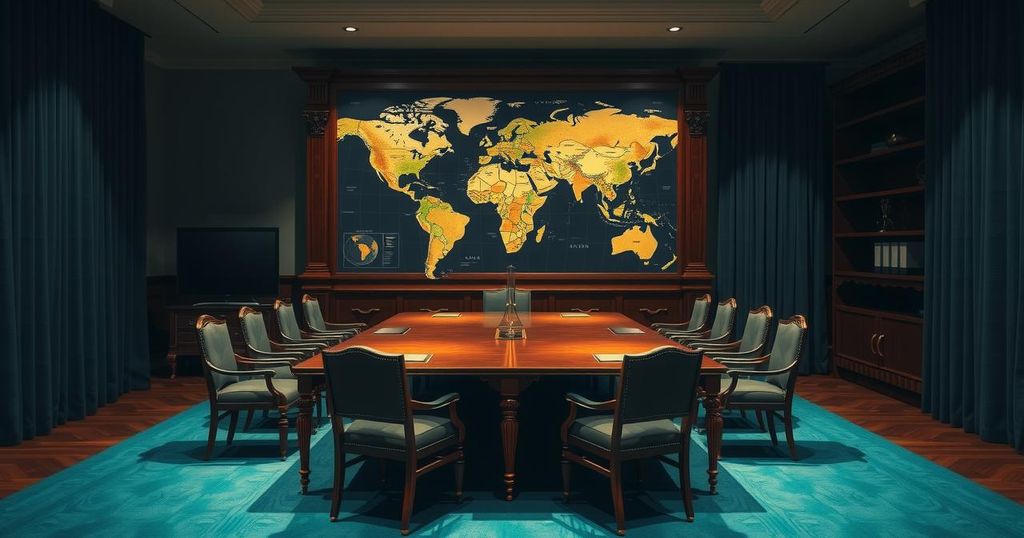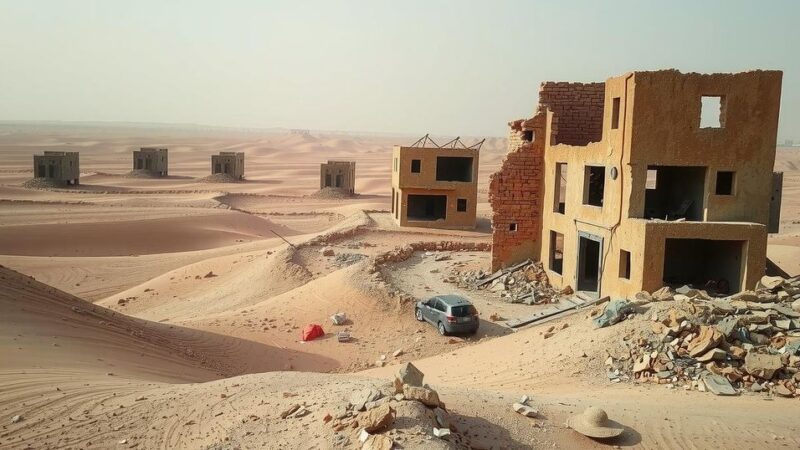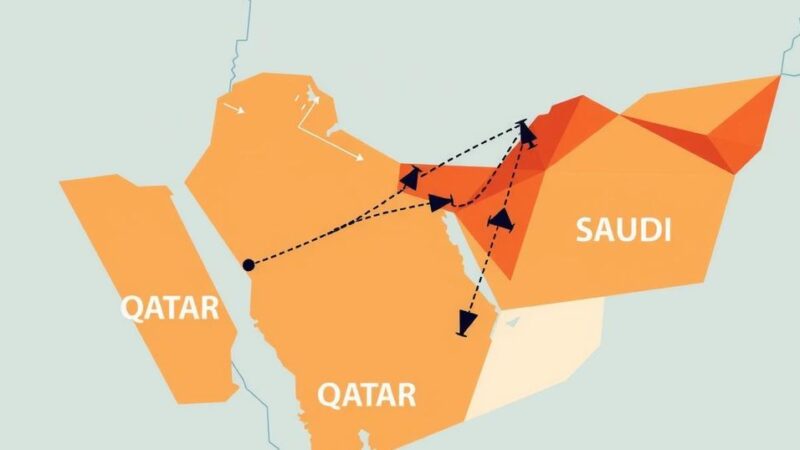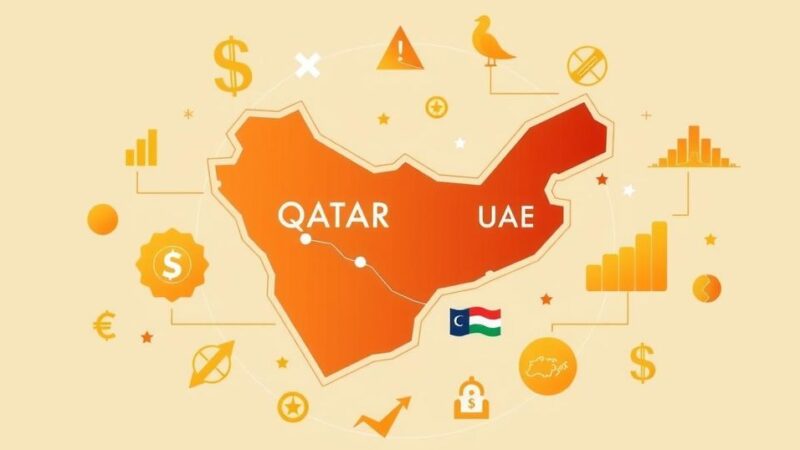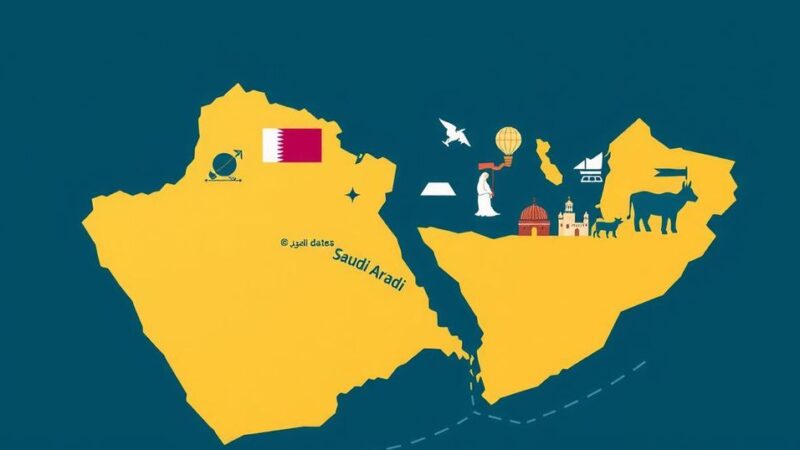The article discusses tensions in eastern DR Congo, where former German ambassador Peter Fahrenholtz challenged EU’s Kaja Kallas on Rwanda’s alleged support for M23 rebels. He raised concerns about the rebels’ Congolese identity and European mercenaries’ roles in the conflict. Rwanda’s Foreign Minister rejected claims against his country, emphasizing security threats from local militias, warning that blame would not solve the crisis.
Recent tensions in eastern DR Congo have been highlighted by Peter Fahrenholtz, a former German ambassador to Rwanda. He challenged Kaja Kallas, the EU’s High Representative for Foreign Affairs, regarding her accusations against Rwanda for allegedly supporting the M23 rebel group. Fahrenholtz urged that the concerns of the M23 rebels and the persecution of the Congolese Tutsi population deserve more scrutiny.
Fahrenholtz raised pertinent questions in a post on social media, questioning the notion that M23 rebels are not Congolese citizens and queried the involvement of European mercenaries in aiding the Congolese army against the rebels. He emphasized the need for protection of ethnic minorities in the region amidst the ongoing conflict.
The M23 group, which is part of the Alliance Fleuve Congo, seeks the protection of the Congolese Tutsi community, which has faced prolonged persecution. During the conflict, approximately 2,000 mercenaries from Eastern Europe participated in military operations alongside the Congolese army as part of a broader coalition, consisting of local armed forces and foreign troops.
Following her discussions with Rwanda’s Minister of Foreign Affairs, Olivier Nduhungirehe, Kallas faced allegations from Rwanda regarding its alleged involvement with M23. Nduhungirehe firmly rejected these claims, pointing to Rwanda’s security concerns stemming from the relationship between the Congolese army and the FDLR militia, which has historical ties to the 1994 Genocide against the Tutsi in Rwanda. He asserted that assigning blame to Rwanda would not facilitate a resolution to the ongoing crisis.
Nduhungirehe remarked, “The unhelpful misreading of the eastern DR Congo crisis and the one-sided measures against Rwanda will not lead to a solution.” This statement underscores the complexity of the issue and the need for a nuanced understanding of the conflict.
The ongoing crisis in eastern DR Congo has brought to light important challenges regarding ethnic tensions and foreign involvement in the conflict. The discourse between Peter Fahrenholtz and Kaja Kallas highlights the necessity of addressing both the grievances of the M23 rebels and the protection of ethnic minorities. Furthermore, the involvement of European mercenaries raises significant ethical considerations within the conflict, as the dynamics surrounding Rwanda’s accusations and security concerns continue to complicate the situation.
Original Source: www.newtimes.co.rw
